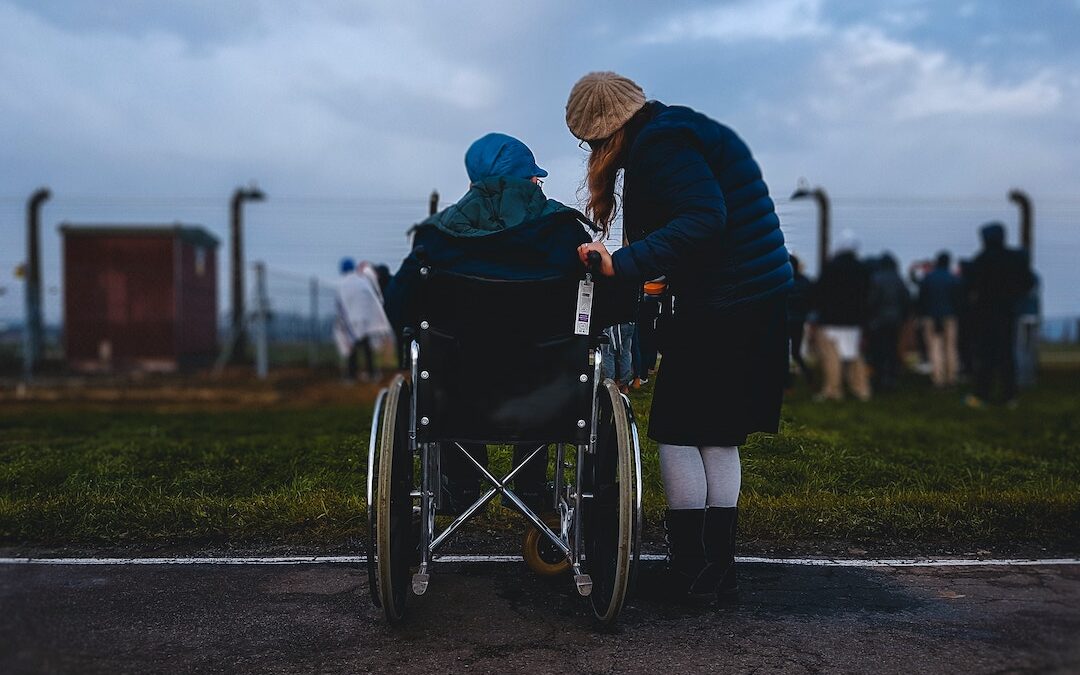Estate Planning for the Parents of Children with Disabilities
Estate planning is always challenging, but it takes on added complexity when you are the parent of a child with disabilities. When your child has special needs, you don’t just need to ensure they are financially secure after you pass away. You also have to look after their long-term health and well-being.
Fortunately, there are several trusts that can help you accomplish all of these goals, including:
- Support Trusts, and
- Special Needs Trusts
But how exactly do these trusts work? And how will they protect your child after you pass away? Read on to find out:
Support Trusts:
In situations where your child already possesses funds of their own, a support trust – sometimes referred to as a discretionary support trust – may be the best solution for your family. This type of trust requires the trustee to distribute funds to help your child pay for essential expenses, like:
- Medical care
- Food
- Shelter
- Clothing, and
- Education
Notably, however, the federal government does not permit individuals who are the beneficiaries of support trusts to receive any financial assistance through Medicaid or Supplemental Security Income (SSI). If you believe your child may need to rely on these programs after you die, it may be best to avoid creating a support trust.
Special Needs Trusts:
A special needs trust serves the dual purpose of ensuring your child’s access to government aid programs like Medicaid and Supplemental Security Income, while also utilizing the trust’s assets to enhance their overall quality of life.
There are two main types of special needs trusts. They are:
- Third-Party Special Needs Trusts:
A third-party special needs trust gives you the ability to allocate funds for your child’s benefit in a way that does not jeopardize their eligibility for assistance programs like Medicaid and SSI.
The assets in the third-party special needs trust can be directed towards enhancing your child’s overall quality of life by covering non-essential expenses like vacations and social events.
- Self-Settled Special Needs Trusts:
A self-settled special needs trust is similar to a third-party special needs trust in that it preserves your child’s access to essential government aid programs while covering other expenses.
However, the funds in the self-settled special needs trust do not come directly from you as their parent. Instead, they come from your child’s own assets.
A self-settled special needs trust is likely your best option if your child received a settlement as a result of a personal injury lawsuit.
Your Knowledgeable San Diego Estate Planning Attorney
Are you ready to begin creating a plan that will support your special needs child after you die? If so, please do not hesitate to reach out to an experienced California estate planning lawyer here at the Semanchik Law Group. We have been helping local families plan for the future for years, and we would love to do the same for you!
To set up a consultation, all you need to do is give us a call at (619) 535-1811 or fill out our short online contact form. We look forward to working with you!


